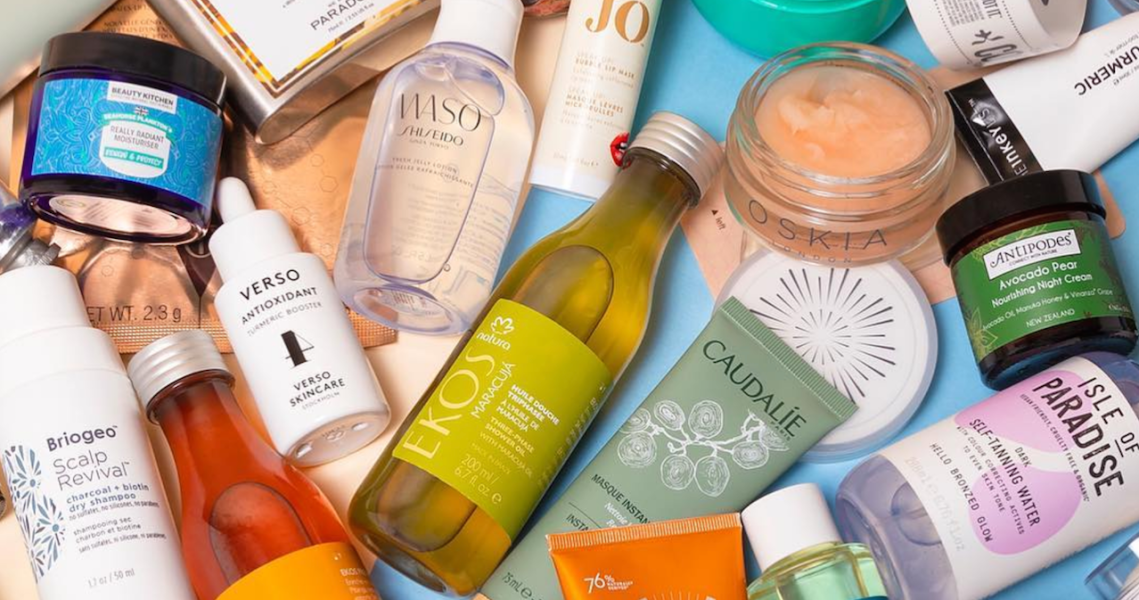Online beauty retailer Feelunique has been working to enhance its customer experiences through technology, and its latest endeavor is the use of artificial intelligence to personalize emails.
U.K.-based Feelunique, which sells more than 300,000 products from over 500 brands, began using AI in March to target an undisclosed number of email subscribers (gathered when people create an account or provide email addresses for purchases) using affinity modeling algorithms and machine learning. What drove the use of AI for Feelunique was the need to solve two main issues: its lack of comprehensive customer data and the length of time it took to target specific segments of people, said Djalal Lougoev, Ometria chief product officer and co-founder, which worked with Feelunique.
To increase sales and create relevant information for customers, Ometria considered customers’ past purchase and online browsing behavior (like buying eyeshadow and then also browsing eyeshadow brushes), the relationships between people and products (such as a parent buying for a teenager), and the buying cycle of products (i.e., sunscreen in the summer). The initial monthlong pilot produced a 95% uplift in revenue per email, a 33% increase in click-to-open rate and a 12% increase in average order value. It also reduced the time spent by Feelunique’s marketing team on email newsletters from hours to minutes, according to both companies.
“What is challenging in beauty retail presently is that we don’t have a consistent set of psychographics. We have tribes, and those tribes are [for example] split into people who are value-driven and nothing else; frequent, hardcore beauty consumers; and experimental [shoppers] who are interested in the emerging brands within a category,” said Jennifer Roebuck, Feelunique CMO.
While psychographics vary, Feelunique’s core customer demographics are women mostly between ages 25 and 35, followed by 18- to 24-year-olds, and then older millennials to Gen Xers ages 35 to 45. With dedicated websites in France, Germany, China, the U.S. and, most recently, Russia, the retailer hit nearly $120 million in retail sales in 2018 and experienced 25% year-over-year growth from 2017 to 2018. Additionally, over 50% of Feelunique’s sales happen outside of the U.K., according to previous Glossy reporting. Overall, Feelunique sends “millions” of emails a month, with at least three emails sent a week to each recipient, said Roebuck.
Affinity modeling, also sometimes referred to as predictive modeling, has become popular for beauty marketers as personalization in both products and customer experience has risen in importance. Jeffree Star Cosmetics used it for its expansion in Europe, and fellow retailers like Dermstore and Sephora have also tested the strategy. One of the main reasons why artificial intelligence is playing a larger role is because marketers are inundated with too much data to keep up, said Lougoev.
“If we look at where marketing was a decade ago, customers used to use two different devices [like a desktop computer], and now they use six,” he said. “It’s becoming exponentially more difficult to process this data and make sense of it. The retail brands that are able to leverage these different data sources will be the ones who can create the experience that customers would like to come back to.”
Ad position: web_incontent_pos1
Feelunique’s personalized emails had multiple components that could change depending on the type of shopper, or segment of people, the email was being sent to. For example, sales offers, image banners and other embedded imagery could change depending on the profile of a customer. Just as important, product recommendations could be different based on various factors. As customers engaged (or did not engage) with targeted emails, the machine learning component of the technology learned what consumers were more likely to respond to in future emails.
According to Lougeov, Feelunique had higher than industry average success. And, while Feelunique hasn’t changed the volume of emails sent, said Roebuck, the team has grown more sophisticated when it comes to determining if its communications are relevant.




